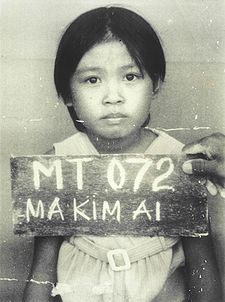
Selective omission
Encyclopedia

Collective memory
Collective memory refers to the shared pool of information held in the memories of two or more members of a group, and was coined by the philosopher and sociologist Maurice Halbwachs. Collective memory can be shared, passed on and constructed by groups both small and large...
it's a bias where a group (state, media
Mass media
Mass media refers collectively to all media technologies which are intended to reach a large audience via mass communication. Broadcast media transmit their information electronically and comprise of television, film and radio, movies, CDs, DVDs and some other gadgets like cameras or video consoles...
, public opinion
Public opinion
Public opinion is the aggregate of individual attitudes or beliefs held by the adult population. Public opinion can also be defined as the complex collection of opinions of many different people and the sum of all their views....
) work to forget some traumatic memories. This expressions is often used for post-war rewriting of history in a more coherent way according to local stereotypes and moral values. That's denying war atrocities. The viewer often forget their own side's atrocities or suggest they were done by the opposite side, while the other side's atrocities are freely exposed. On the winning side, it's closely related to the concept of fair quest and clean war, which claim to kill only warriors in fights.
See also
- Historical revisionism (negationism)Historical revisionism (negationism)Historical revisionism is either the legitimate scholastic re-examination of existing knowledge about a historical event, or the illegitimate distortion of the historical record such that certain events appear in a more or less favourable light. For the former, i.e. the academic pursuit, see...
- Japanese history textbook controversiesJapanese history textbook controversiesJapanese history textbook controversies refers to controversial content in government-approved history textbooks used in the secondary education of Japan...
- Nanking Massacre denial

